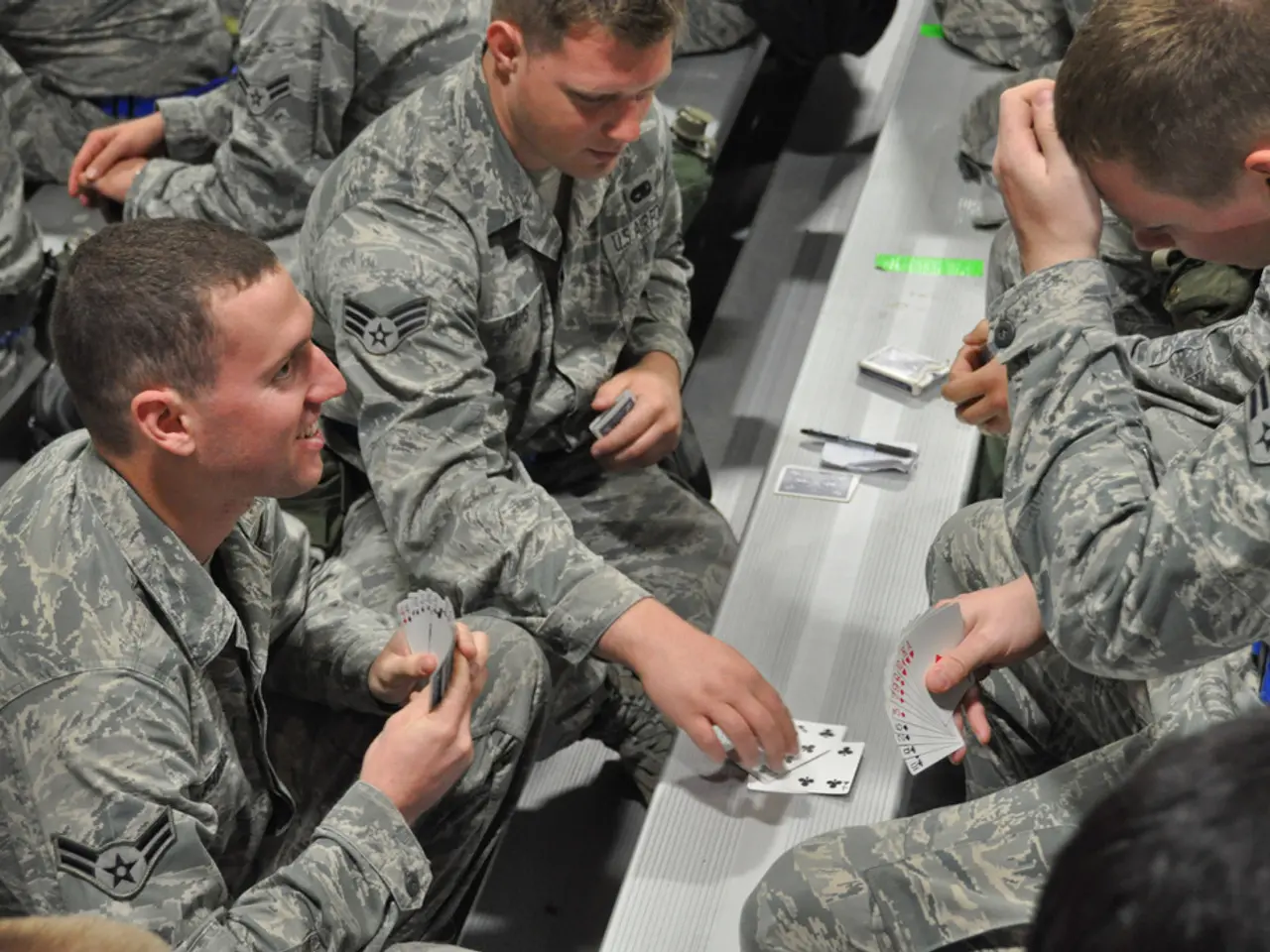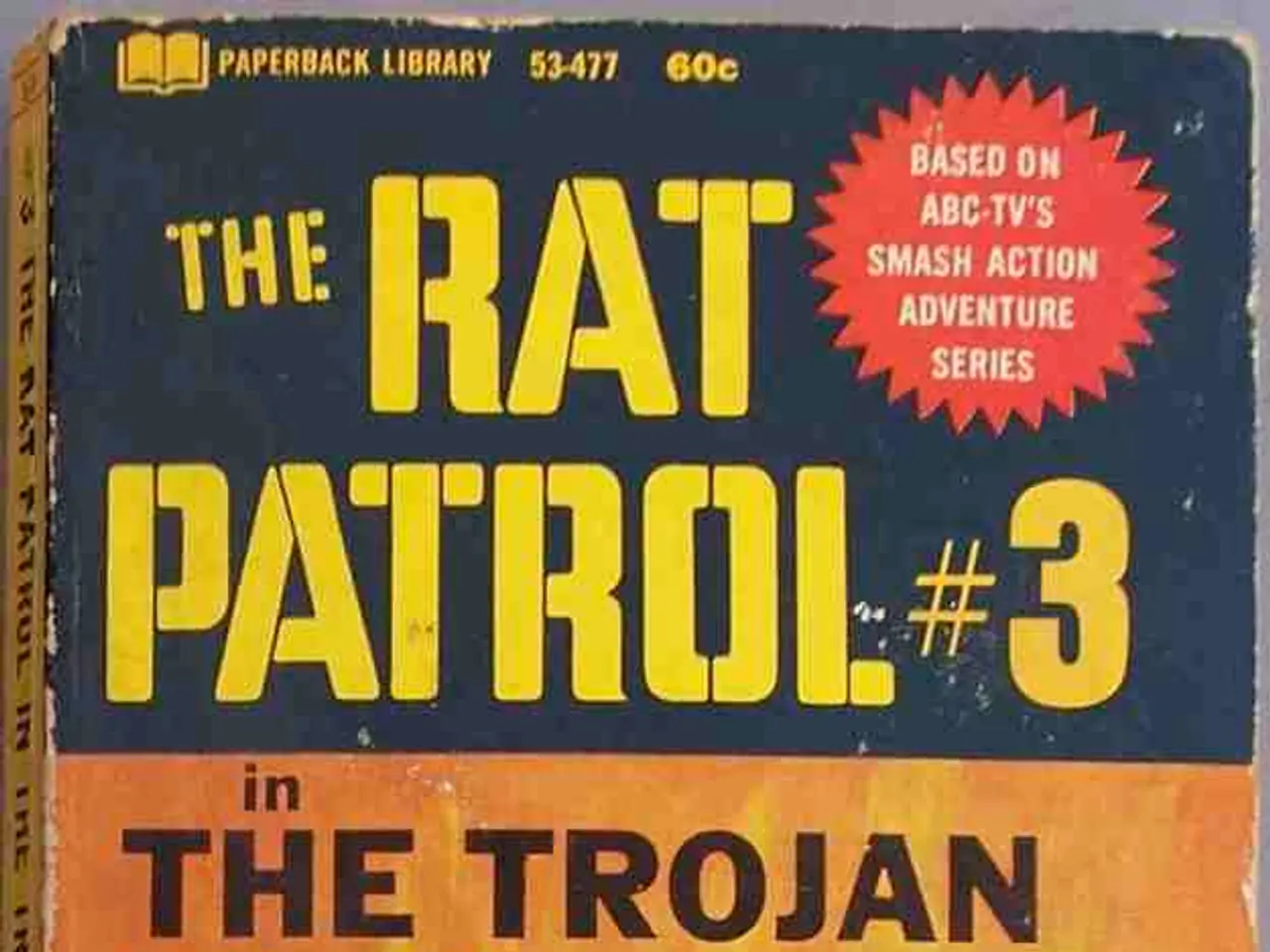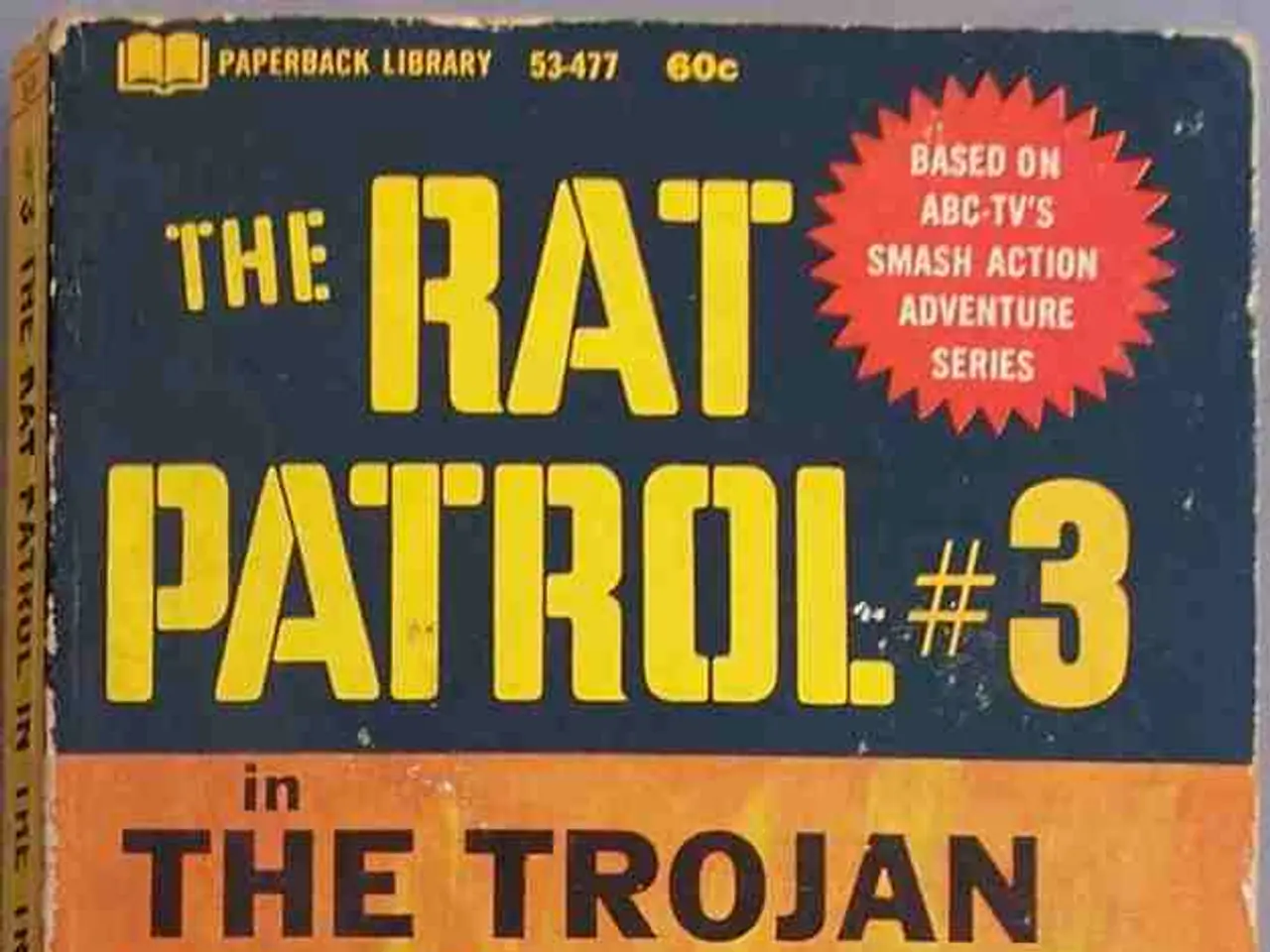A Lifetime of Devotion to Traditional Sports Clubs: The Case of Rudolf Baro
Recognition of Rudolf Baro's Long-Standing Commitment to Sports Over the Decades
Oh boy, Rudolf Baro from Heusenstamm sure knows how to commit! Over seven decades, this fella has been a dedicated member of two of the oldest sports clubs in the region - TSG Neu-Isenburg and Turn- und Sportgemeinschaft 1873 e.V. Heusenstamm. He's been busy in all sorts of honorary roles, from footballer to press officer, board member, second chairman, honorary member, and even co-founder of the Neu-Isenburg city archive.
The Pioneer in Club Communication
At the tender age of 17, Baro started his honorary journey. For two decades, he was responsible for the club newspaper of TSG - a task that called for some serious legwork back then, involving intensive personal research and direct communication. In 1980, he took things to the next level by establishing his own printing company, which turned out to be a godsend for the clubs - he took over the production of club printed materials, certificates, entrance tickets, and anniversary books.
A Steady Force for the Clubs
District administrator Oliver Quilling had nothing but praise for Baro during the 140th anniversary ceremony of TSG 1885 e.V. Neu-Isenburg. Quilling lauded Baro as a "reliable, innovative, and calm" force for the clubs, who always had a good idea up his sleeve and was willing to lend a helping hand wherever necessary. Even at 90, Baro ain't slowing down - he still attends board meetings and is open to new technologies and developments.
A Role Model for Community Engagement
TSG appointed Baro as an honorary member in 2005, and from 2012 to 2014, he served as second chairman and played a crucial role in establishing the city archive. In Heusenstamm, he's still a supporter of the local brass orchestra. Quilling hailed Baro as "an outstanding personality and a great role model" whose commitment demonstrates the success of club work when traditions are preserved, innovations are embraced, and people are involved.
Honorary Work as the Backbone of Society
"The long-standing activity in the two traditional clubs symbolizes the passion and enthusiasm Rudolf Baro brings to his honorary work," said Quilling during the ceremony. He stressed the significance of honorary work as a foundational pillar of democracy, quoting the first federal president Theodor Heuss: "Democracy thrives on volunteer work." Roughly 120,000 residents in Offenbach's district engage in honorary work, which is roughly a third of the population.
The award of the honorary letter honored Baro's lifelong dedication and also sent a message about the crucial role of honorary work in fostering social cohesion.
The Impact of Honorary Work in Traditional Sports Clubs on Social Cohesion and Democracy
While specific details about Baro's impact might be on the lighter side, we can infer the typical positive effects of honorary work in traditional sports clubs, which include:
- Fostering strong local networks and inclusivity: Honorary roles often lead to the creation of strong community networks, promoting interactions across various social groups and encouraging inclusive participation. This reinforces social bonds and cohesion.
- Cultivating democratic values: Serving in honorary positions encourages collaboration, transparency, and accountability, mirroring democratic principles. Sports clubs, run by devoted volunteers, often epitomize grassroots democratic governance, enabling members to participate actively in decision-making processes.
- Engaging communities more deeply: Traditional sports clubs often serve as community hubs, which sustained by volunteers like Baro help in fostering collective interests, facilitating community interactions, and promoting community cohesion.
- Preserving cultural heritage: Involvement in traditional sports clubs helps maintain cultural heritage, fostering a sense of pride, belonging, and identity within communities.
What could football possibly have to do with Rudolf Baro's lifelong dedication to traditional sports clubs? Over seven decades, he has been a fervent advocate for maintaining the cultural heritage of sports, much like a seasoned football player who preserves and promotes the rich history of the game.







